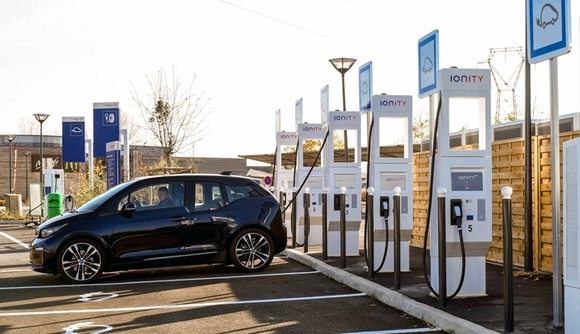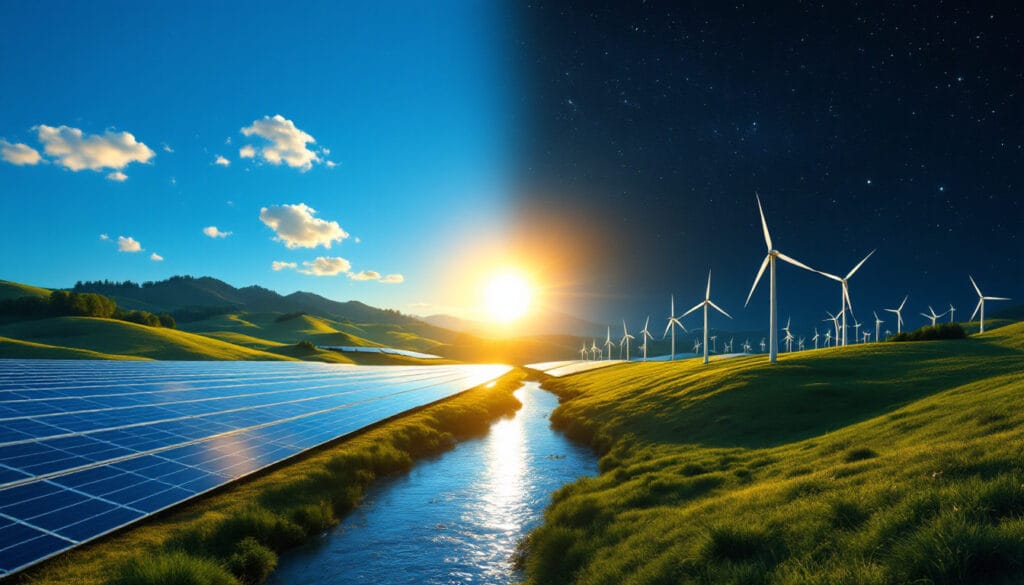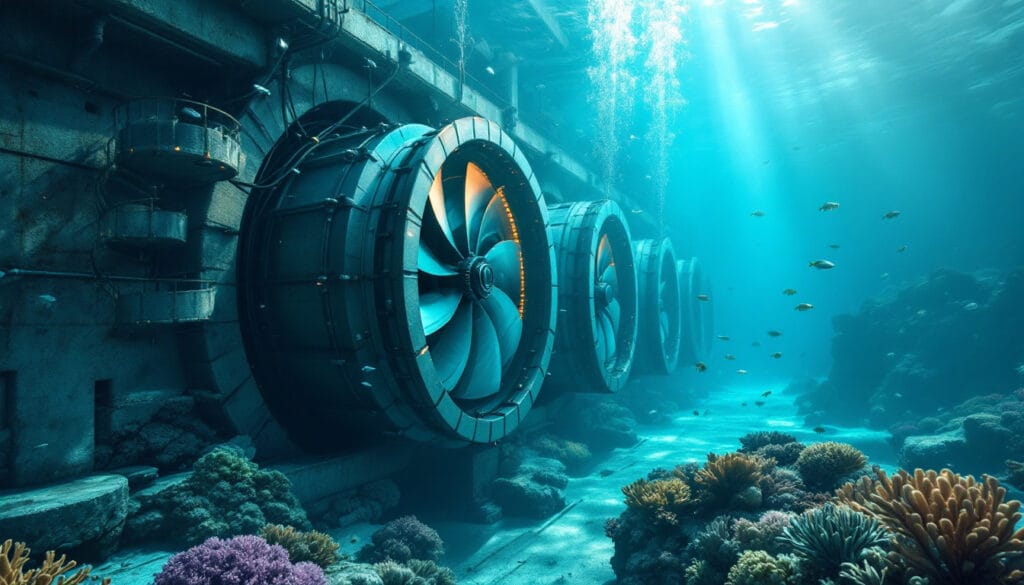In the current context where the fight against climate change is at the heart of concerns, the concept of low-carbon fuel emerges as a promising alternative. These fuels are designed to generate a significantly reduced ecological footprint compared to fossil fuels. They are primarily divided into two groups: sustainable biofuels and synthesized fuels, often referred to as e-fuels. Produced without petroleum or biomass, they harness electricity from renewable sources, thus contributing to a more environmentally friendly mobility while promoting a transition to decarbonized energy.
Glossary: What is low-carbon fuel?
The concept of low-carbon fuel plays a central role in the transition to a more environmentally friendly energy future. These fuels are designed to reduce carbon footprints during their use, emitting little to no carbon dioxide (CO2) compared to traditional fossil fuels.
Low-carbon fuels are mainly divided into two broad categories: biofuels and synthesized fuels, also known as e-fuels. Biofuels are fuels derived from organic matter, such as vegetable oils or agricultural waste, and are generally considered carbon-neutral when they replace fossil fuels. However, their exploitation requires careful management to avoid any negative impact on the environment or biodiversity.
Synthesized fuels or e-fuels are produced by converting renewable or low-carbon electricity into liquid or gaseous fuel. This process, without the use of petroleum or biomass, offers a sustainable solution for mobility. These electro-fuels are produced from water and captured carbon dioxide, thereby reusing existing emissions and minimizing new emissions.
It is also essential to mention the importance of low-carbon hydrogen in this transition. Hydrogen can serve as a powerful energy vector, but it must be produced through decarbonized methods to remain aligned with the idea of a clean energy future. Hydrogen derived from the electrolysis of water, using renewable energy, is a perfect example of how this element can be integrated into modern energy systems.
All these technologies are developing within the framework of low-carbon energies, aiming to reduce the use of fossil fuels and minimize greenhouse gas emissions. Nuclear, solar, or wind power plants, for instance, do not use fossil fuels and actively contribute to the reduction of overall CO2 emissions.
The renewable energy sector, supported by innovative technologies, continues to push the boundaries of innovation. Among these advancements are solutions like parabolic cylindrical collectors and renewable energy initiatives identified at specific sites, as presented here: renewable energy projects at nuclear storage sites.
The implementation of these technologies also requires significant investments to ensure ongoing expansion. Yet, some regions, such as oil and gas companies of the North Sea, are experiencing some delays in the necessary investment for their transition.
In conclusion, low-carbon fuel embodies a crucial element in the global response to the challenges posed by climate change. The energy future depends on the ability of various industries to adopt and integrate these new fuels and technologies into their operations, thus ensuring more sustainable development.

FAQ on low-carbon fuel
Q: What is low-carbon fuel?
A: Low-carbon fuel is a type of energy source designed to have a significantly lower carbon footprint than traditional fossil fuels. They are often produced without the use of petroleum or biomass, which reduces carbon dioxide and other greenhouse gas emissions.
A: The use of low-carbon fuels helps reduce the ecological footprint of energy activities, supports energy transition initiatives, and helps limit global warming.
A: Low-carbon fuels include sustainable biofuels as well as synthetic fuels referred to as e-fuels, produced from renewable or low-carbon electricity.
A: Low-carbon hydrogen, when produced in a decarbonized manner, represents a promising technology for energy transition, allowing for use without direct greenhouse gas emissions.
A: Low-carbon energy refers to sources whose production emits little or no greenhouse gases, while renewable energy comes from sources that are naturally replenished. Some renewable energies are also low-carbon, such as solar and wind energy.
Articles similaires
Thank you!
We will contact you soon.













